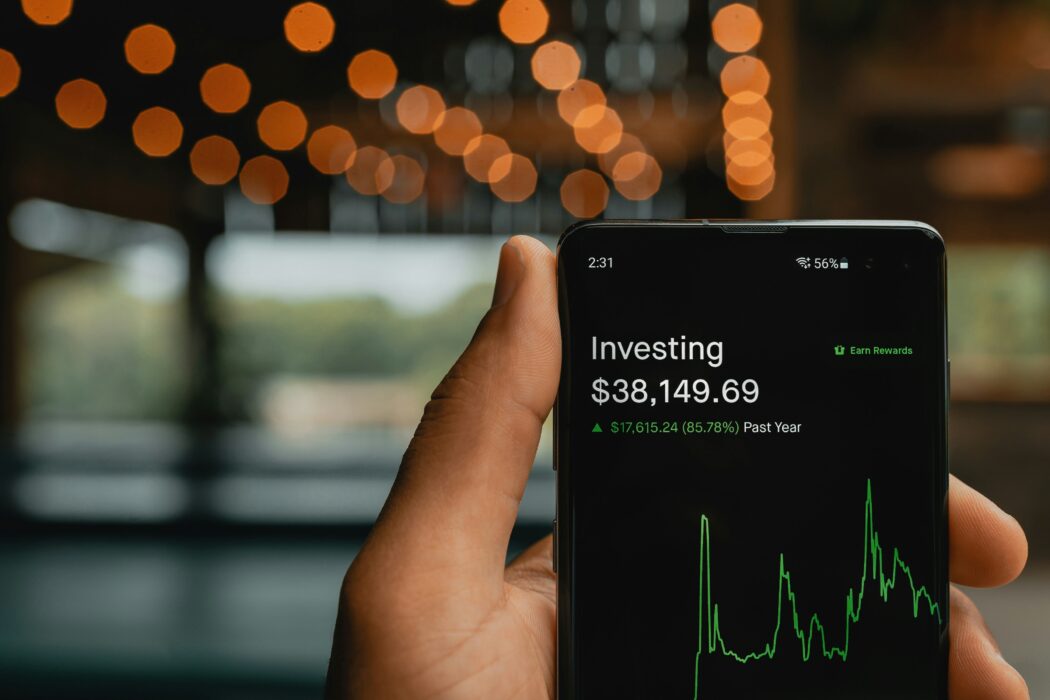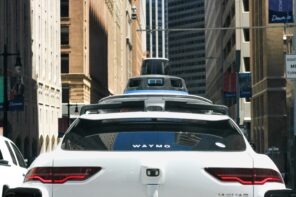GameStop was a company in financial disarray, operating physical gaming retail stores across America and other geographies during a period when digital sales were rapidly taking over. Gamestop was experiencing severe debt, decreasing customer traffic and was struggling to adapt to digital gaming trends. Facing what would be impending bankruptcy within the next few quarters, Gamestop had to try and reinvent themselves. They opted for a new plan, a way out, that channeled new E-commerce initiatives to boost revenue and brought in new leadership in the form of Ryan Cohen, the former co-founder of online pet food retailer Chewy. At this point in time, Wall Street had been playing a dirty game and profiting from the impending bankruptcy. At its lowest point, GameStop short interest was as high as 140% of the float. This meant that large Investment Funds were trying to bet that GameStop would go bankrupt. However, retail investors would begin to re-write history, and the situation with GameStop would become emblematic of a new era of shared information.
Enter Keith Gill, a middle-aged man working as a financial advisor at MassMutual. In his free time, he enjoyed putting on a bandana and creatively analyzing companies he thought Wall Street was missing on Youtube. By posting videos under the alias “Roaring Kitty,” he drummed up excitement around GameStop. He voiced his belief in the turnaround and the new management. With his attention and new retail ownership the stock rose to a total gain of 700%. This run was labeled a “meme” rally, but it revealed something deeper.
The collective strength of retail shareholders when united under a common belief can move markets.
Many venerated hedge funds and investment firms had shorted GameStop aggressively, even more so when the public had voiced their support, only to lose billions in capital. Some were even forced to close their doors.
However, retail ownership (individuals investing for their own benefit) is not always a force for good. A cautionary tale lies in the collapse of Bed Bath & Beyond. Once a dominant retailer in home goods, the company became another favorite among online retail traders during the meme-stock craze. Investors on social platforms viewed it as “the next GameStop,” believing that collective buying could engineer another short squeeze and revive a dying business. Throughout 2022, millions of retail traders poured money into the stock despite deteriorating fundamentals, falling revenue, and an unsustainable debt burden. The company’s management failed to deliver a coherent turnaround plan, and as enthusiasm waned, liquidity dried up. By 2023, Bed Bath & Beyond filed for bankruptcy, wiping out nearly all shareholder value.
What began as a movement of optimism ended as a sobering reminder that retail enthusiasm cannot always overcome weak business realities.
However, a more recent example of successful retail ownership began with a structured plan. OpenDoor’s recent turnaround can be attributed to an elevated retail viewership and the presence of new important institutional and retail investors. Opendoor was founded in 2014 by Eric Wu, Ian Wong, JD Ross, and Keith Rabois with the goal of disrupting the real estate industry and reshaping the way people sold their home. Opendoor reached an all-time high in revenue in 2022 with 15.75 billion. The thesis had perfectly played out, and the company was operating with strong growth, showing substantial revenue increases since the IPO of the company in 2020. Unfortunately, things changed quickly. By 2022, the company’s outlook worsened, and the overwhelming interest environment made it a less attractive investment. By the end of 2022, investors had piled out of stock, and it was down 92%. The main founder Keith Rabois, a member of the Paypal Mafia*, stepped away from the company in 2024, further plummeting the stock. However, in August of 2025 a few institutional investors saw the potential of the beaten down OpenDoor stock. By starting to promote their plan, they instituted an entire turn around that has slowly begun to unfold. At a stock price below $1, new investors were taking to public channels such as Twitter to voice their opinion of a badly run company that had lost their way. OpenDoor was slow to respond, and the leaders of the company weren’t moving. With all the retail buzz beginning, Keith Rabois took to social media to rally more retail efforts and announce that he would rejoin his company with a specific plan. At the Q2 earnings call, a vote was cast to shareholders in order to reinstate Keith Rabois as a board member. Now reinstated by September, Rabois ousted the previous CEO Carrie Wheeler in order to bring in Kaz Nejatian, former head of product at Shopify. In the coming weeks, Kaz outlined his ambitious and cost-effective plan that would pivot OpenDoor’s current slow business model and significantly cut costs. Kaz Nejatian’s new pay package relied heavily on the company’s future performance, and insiders began to buy more stock. As retail shareholders began to pile in, the stock rose above $8. With the help of a retail army, a company that was left to die was turned around.
It is clear from these examples that people hold the power and are important to the fabric of both society and the market. Much like Sieyes wrote in the Third Estate, the people make up the general portion of the working functions of society and thus should be the voice of society.
In this manner, the power of large-scale public investments by retail shareholders deserves a certain level of respect that Wall Street often does not deliver.
When shareholders, regardless of their background, are willing to participate in the democratic voting process in public companies, great change can happen. So let it be known that retail shareholders play a pivotal role in the financial markets and, if they are willing, they can even change the market for the better.
*The Paypal Mafia is a group of businessmen who were the founding executives and employees of Paypal (Elon Musk, Peter Thiel, and Reid Hoffman, etc.). These individuals moved on to found Youtube, Palantir, Yelp, Tesla, SpaceX, LinkedIn and more.








